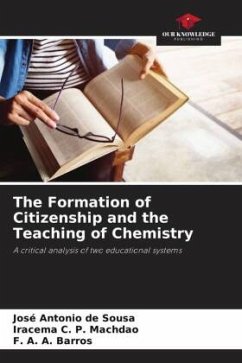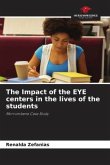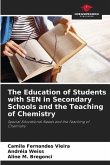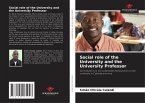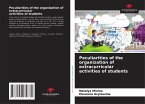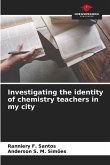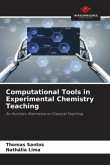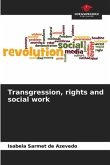Although little developed in educational institutions, the PCNEM is a reference on the aims of education. Referring to secondary education as the final stage of basic education, the LDB states that this level of education should be geared towards preparation for work and training for citizenship. Thus, the pedagogical practices developed should prioritise both basic preparation for work and training for citizenship. However, this form of teaching is still not common in Brazilian schools. In this sense, this work deepens the debate on education for citizenship, especially in the teaching of chemistry. The study was based on observation of teaching practice and student participation in classes, as well as questionnaires for both. In this way, the students' perception of the teachers' pedagogical practice was analysed, as well as how this is carried out during lessons at two public institutions in the Picos region, and the possible relationship between science and citizenship education. It can be seen that schools play a fundamental role in this process; however, some factors that contribute to this process not being realised are still identified.

